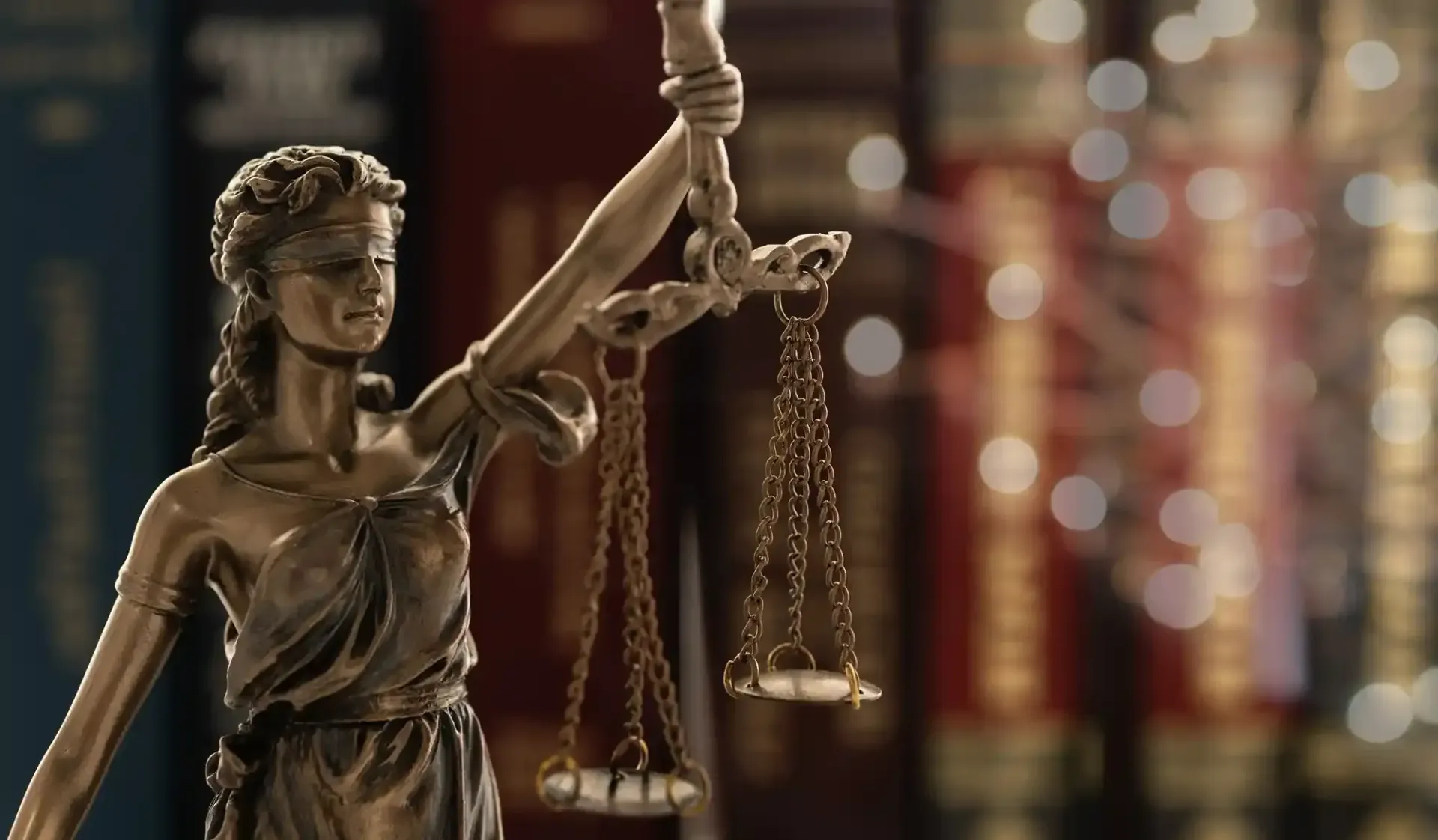What Types of Debt Can Be Discharged in Chapter 13 Bankruptcy in Texas?
Chapter 13 bankruptcy offers a structured path for individuals in Texas to regain financial stability through a court-approved repayment plan. Unlike Chapter 7, which involves liquidating assets, Chapter 13 allows you to retain your property while repaying a portion of your debts over three to five years. Once your plan is successfully completed, you may be eligible for a discharge of remaining qualifying debts. But which debts qualify?
Here’s a breakdown of what debts can typically be discharged through Chapter 13 in Texas—and how Shuster Law, PLLC can help you take advantage of these protections.
Dischargeable Debts in Chapter 13 Bankruptcy
Under Chapter 13, the discharge rules are broader than Chapter 7. The following are commonly discharged debts upon successful completion of a repayment plan:
1. Credit Card Debt
Credit card balances, including interest and fees, are generally dischargeable. This includes store cards and other unsecured revolving credit accounts.
2. Medical Bills
Unpaid medical expenses—whether from hospitals, doctors, or other healthcare providers—are dischargeable, making Chapter 13 an attractive option for those facing high healthcare costs.
3. Personal Loans
Unsecured personal loans from banks, payday lenders, or individuals can often be discharged, provided they weren’t obtained through fraud.
4. Utility Bills
Overdue electric, gas, water, and phone bills can be included in your plan and discharged at the end of the repayment term.
5. Past-Due Rent
While not always dischargeable if you're trying to stay in the property, past-due rent may be discharged if you've vacated the premises or included it in your plan.
6. Older Income Taxes
Some federal or state income taxes may be discharged, particularly if they meet criteria such as being more than three years old, having been filed on time, and not involving fraud.
7. Certain Civil Judgments
Judgments from civil lawsuits, such as for breach of contract or unpaid debts, are generally dischargeable unless they involve fraud, willful injury, or DUI-related damages.
Non-Dischargeable Debts in Chapter 13
It’s important to note that some debts cannot be discharged, such as:
- Domestic support obligations (child support and alimony)
- Most student loans (unless hardship is proven)
- Debts arising from death or injury due to DUI
- Criminal fines and restitution
These debts must be paid in full as part of the repayment plan.
Why Work with Shuster Law, PLLC
Navigating Chapter 13 bankruptcy involves more than just listing debts—it requires legal precision to ensure all qualifying debts are discharged and your rights are protected. At Shuster Law, PLLC, we provide dedicated legal assistance to help Texans understand which debts can be discharged and how to develop a plan that meets both legal requirements and personal goals.
Whether you’re struggling with overwhelming medical bills, credit card debt, or past-due rent, we can guide you through your bankruptcy filing from start to finish.





